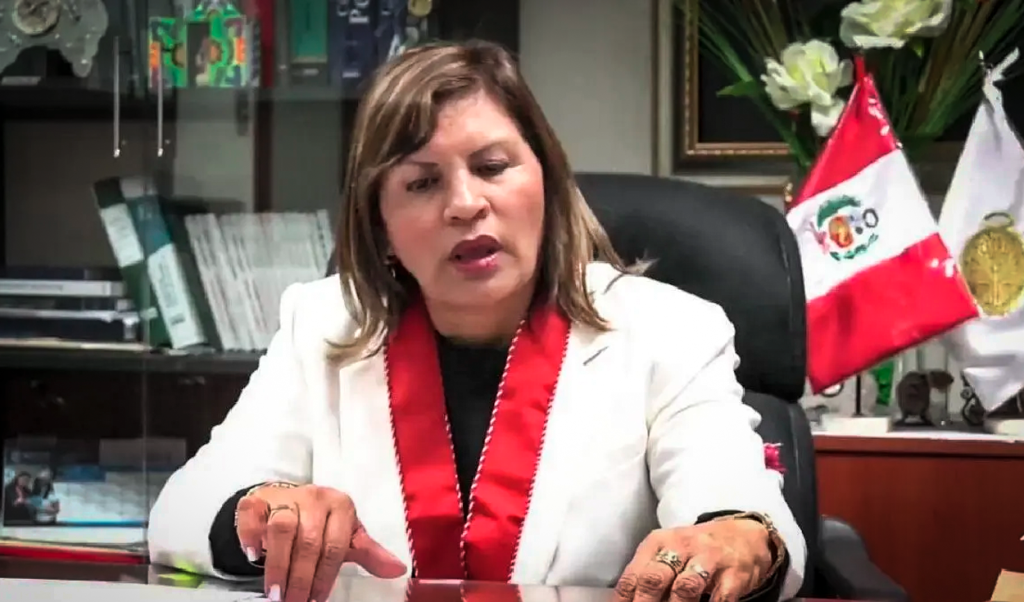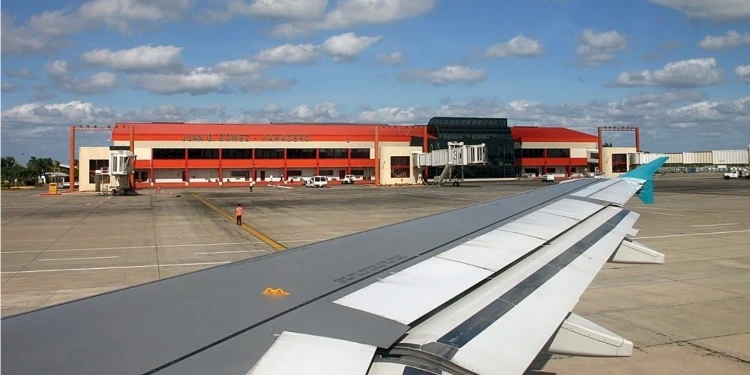h
ace some Months, before the elections for the Presidency of the Republic, Dr. Julio Berdegué Sacristán – current secretary of Sader –, in a dialogue about the future of the Mexican countryside, asked young people from Chapingo what the society was going to be transformed into. Universidad Autónoma Chapingo (UACh) to be relevant in the new processes?, now that we are witnessing the transformation of national public life. The question is important and was not answered. However, the ball remained in the court of our institution, and now a good number of colleagues accept the challenge and are determined to promote reforms so that the academic functions of teaching, research, service and dissemination of culture are oriented to the major problems of agriculture, particularly of small farmers on rainfed lands. We endorse the main objective set by the President of the Republic, Dr. Claudia Sheinbaum Pardo, in relation to agriculture: fight to achieve food sovereignty with healthy products.
Consequently, from the beginning of 2025 we will hold forums and all relevant dialogues on the problems of agriculture (such as the severe climate crisis, the urgent transition towards agroecological agriculture and the serious problems of environmental deterioration), as well as what we must change in the education of future agronomists.
Return to the origins. Firstly, let’s take a look at the ideology of the minutes of the inauguration of the National School of Agriculture in 1923, let’s learn and teach with small farmers: …this school advocates a human ideal of simple cooperation and calm companionship among the men who work the land without trying to push them towards the slope of large agricultural exploitation…
This leads us, secondly, to return to another fundamental origin, the peasant and indigenous wisdom to cultivate their cornfields naturally, taking care of the soil to have healthy food. Thus, in a dialogue of knowledge, let us seek the integration of knowledge, theirs and ours.
After analyzing the problems of agriculture and current education, we will trace the route of the necessary educational reforms. Without a doubt, in all undergraduate and graduate educational programs, in research centers and institutes, there are very competent professors willing to share their knowledge with rural communities. To connect with small farmers, we have university students from the central campus in Chapingo and also a system of regional centers, located in Sonora, Zacatecas, Veracruz, the central region, Michoacán, Jalisco, Oaxaca and Yucatán. This system has the knowledge and experience of having worked for decades with farmers in different regions of the country and has established three degrees, a master’s degree and a doctorate. There are 548 students and 135 academics assigned there.
Once the route is established, we will make the pertinent adjustments to the academic structure, and democratically we will adapt the current university statute.
To carry out the above process, we have to resolve an important obstacle that the rector and the H. University Council have raised, by agreeing to hold a plebiscite – not in a single day, as is common practice, but in six, starting on November 28, excluding Saturday and Sunday – to approve its proposal to reform the statute of the Chapingo Autonomous University. This was published only on November 19 digitally, without written brochures and violating article 161 of the current university statute, which obliged them to carry out the plebiscite 30 days after its publication, that is, on December 19. And not only that, the proposal to update the statute of the Chapingo Autonomous University, prepared by a representative commission of the community, and endorsed by more than 33 percent of community members, was not reverted to the community, violating articles 160 and 161 of the current statute.
Many voices were raised asking the University Council to reschedule the process because there is no knowledge of the proposals.
He refused, and now there is only the only option left for it to be rescheduled: not to vote, and by not obtaining the quorum, will be forced to reschedule. If you voted and there were quorum, It would be approved – among other things – that the system of regional university centers and their management would disappear. This would be a setback for the university. Once the centers are disaggregated, each of them will manage the budget with the University Council and with less force.
* Member of the 1978 Regulatory Commission that developed the current UACh Statute. Professor assigned to the Anáhuac Regional University Center














